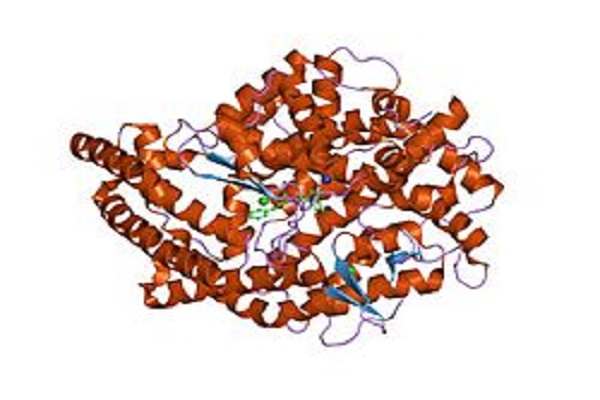Insertion / Deletion Polymorphism of Angiotensin Converting Enzyme Gene Does Not Contribute to Chronic Kidney Disease in Palestine
DOI:
https://doi.org/10.15419/bmrat.v5i4.429Keywords:
Angiotensin Converting Enzyme gene, Chronic Kidney Disease, Hemodialysis, Insertion/deletion polymorphismAbstract
Background: Chronic Kidney Disease (CKD) is progressive kidney damage in which the glomerular filtration rate (GFR) decreases by 15% of that performed by normal kidneys, with the result that the kidneys are no longer to function effectively and this condition is treated with either kidney transplantation or dialysis. Hemodialysis (HD) is a process in which the blood passes through a machine (dialyzer) to remove waste. Angiotensin Converting Enzyme (ACE) is one of the major components of the renin-angiotensin aldosterone system (RAAS) that is responsible for blood pressure regulation. Insertion/Deletion I/D polymorphism of a 287 bp Alu repeat sequence in introns 16 of the ACE gene results in three genotypes I/D, D/D and I/I. The aims of this study were to evaluate ACE genotypes and allele frequency among HD patients and control subjects and to examine the association between ACE genotypes with HD risk.
Methods: A retrospective case-control study included 186 subjects, 86 HD patients and 100 healthy individuals as a control. EDTA whole blood samples were collected from all participants for DNA extraction, and the ACE gene polymorphism was analyzed by using the Polymerase Chain Reaction (PCR) technique. Additionally, all individuals were requested to complete the questionnaire.
Results: The initial results demonstrated that the D/D genotype was the most common genotype in all subjects and the association between ACE genotypes with HD occurrence was not statistically significant in the Gaza Strip-Palestine. Furthermore, no statistically significant association was detected between the polymorphism and the study groups (p-value = 0.511).

Downloads
Additional Files
Published
Issue
Section
License
Copyright The Author(s) 2017. This article is published with open access by BioMedPress. This article is distributed under the terms of the Creative Commons Attribution License (CC-BY 4.0) which permits any use, distribution, and reproduction in any medium, provided the original author(s) and the source are credited.
